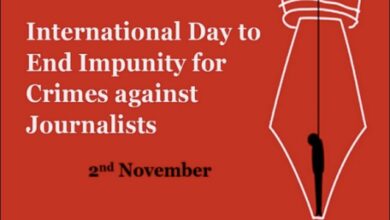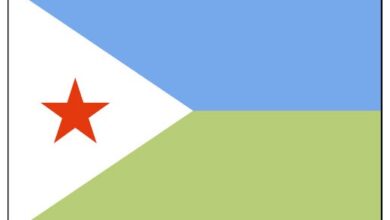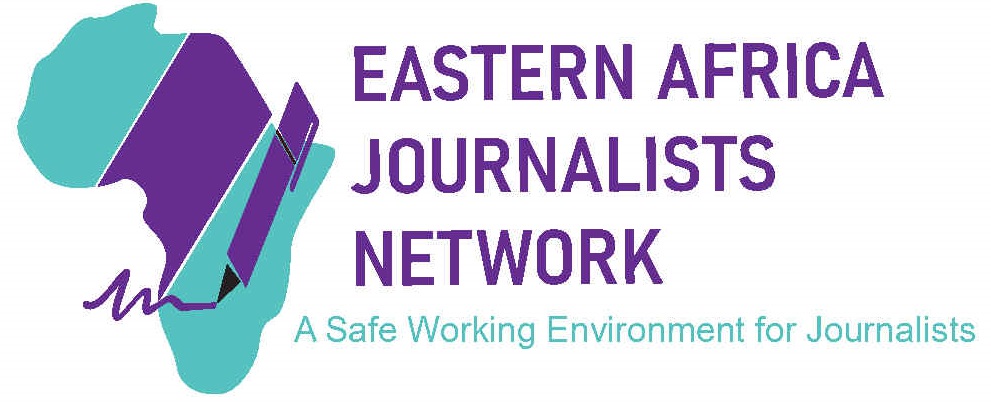Djibouti
Djibouti is a Horn of Africa country that boasts of a population of about 1 million.
Djibouti is a signatory to several international and regional instruments and protocols that provide for the right to freedom of expression and access to information.
However, Djibouti has not submitted four periodic reports to the African Commission on Human and people’s Rights as required by Article 64 of the African Charter on Human and people’s Rights which it voluntarily ratified in 1991. Further, the Horn of Africa country has not implemented most of the recommendations related to media freedom and safety of journalists that it received during the different cycles of Universal Periodic Review
Similarly, Djibouti’s laws and constitution provide for freedoms of speech and of the press, but in practice the government imposes serious curbs on independent media and denies citizens access to public information.
Journalists continue to engage in self-censorship to avoid professional or legal repercussions for critical reporting. Criminal defamation and distribution of false information are some of the crimes established by the 1992 Communications Law which imposes restrictive requirements on senior employees of media outlets.
The government owns the dominant newspaper, television station, and radio. The internet penetration is about 11 per cent with an estimated 554.3 thousand users.
Journalists, especially those from private and opposition media outlets, continue to find themselves detained in police cells on frivolous charges. Many have become accustomed to arrests, illegal trials, jails and fines. Cases abound where journalists have been arrested and sentenced for cases relating to their work. But beyond the physical attacks and arrests, there are many reported cases of self-censorship within media outlets on both sides as journalists working for the opposition media are fearful of reprisals, and those on the state-run side fear losing their jobs. This extends to editors and managers, who bury news stories that are critical of the government or run counter to accepted government doctrine.
Some recent examples. In July 2020, authorities in Djibouti arrested Charmarke Said Darar, a reporter with the Paris-based privately owned broadcaster La Voix de Djibouti and held him for two weeks before they released him without preferring any charges. This detention goes against the country’s Penal Code Procedure which in Article 64 requires that no person should be held for over 48 hours before they are produced before a competent court.
Djibouti was ranked at 176 in 2021 World Press Freedom Index by the Reporters without borders. This was the same position it held in 2020 a drop down from position 173 it held in 2019.Freedom House rates the country as not free in its Freedom in the world 2021 Country Report with a score of 24 out of possible 100.
-

EAJNet Calls on Governments to End Impunity for Crimes Against Journalists in the region
Eastern Africa Journalists Network (EAJNet) has called on the governments in the region to expeditiously investigate and bring to justice…
Read More » -

840 cases in Djibouti
Djibouti is a signatory to several international and regional instruments and protocols that provide for the right to freedom of…
Read More »
